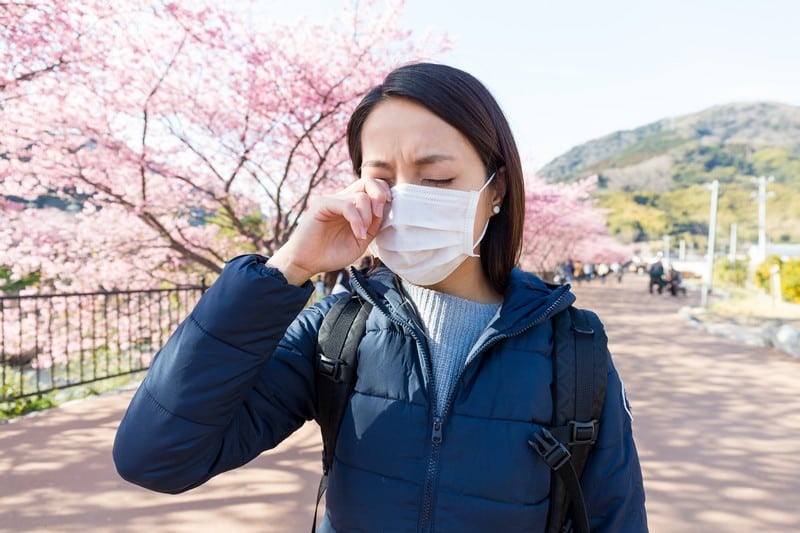Swollen eyelid, also known as puffy eyes, is a common unilateral or bilateral condition that develops when fluid collects anywhere in the surrounding stretchy tissues in the lower or upper part of the eyes, resulting in either inflammation or infection. It may also cause fever, pain, proptosis, vision loss, itching, and impaired extraocular movements in one or both eyes, though there are cases when there aren’t any symptoms at all.
Many things may cause swollen eyelids. Depending on whether it is in the eyelashes, sweat glands (glands of Zeis or Moll), sebaceous (oil or meibomian) glands, and tear (lacrimal) glands and on the color of the swelling, diagnosis may be established regarding the causative condition. It may sometimes be associated with some severe conditions, though most of the time, swollen eyelids are considered a symptom instead of an actual disorder.
Because of the potential for severe underlying conditions, experts take swollen eyelids seriously. Nevertheless, establishing clinical diagnosis remains dependent on testing and diagnosis of underlying disorders. There is no specific treatment for swollen eyelids at all.
Some potential causes that usually lead to swollen eyelids include:
Allergies

One of the most apparent causes of swollen eyelids is allergies. In cases when swollen eyelids manifest as an allergic reaction, it is usually as a result of an allergen—a naturally harmless substance viewed by the body as an ‘invader’ or irritant—that causes the body’s immune system to overreact and release allergic (IgE) antibodies called histamine.
These reactions are usually associated with T-cell-mediated responses, massive eosinophil attraction and activation, and non-specific hypersensitivity. These responses alter the balance between T helper type 1 (Th1) and Th2-types of cytokines and chemokines, activating distinct interactions between enzymatic systems and resulting in allergic inflammation.
Allergies, even the ones that cause swollen eyelids, may either be localized or systemic, and it almost always runs in the family. Hallmark signs of allergy-induced swollen eyelids include rash breakouts, intense itchiness, stringy or dry eyes, watery eyes, nose, wheezing, widened blood vessels in the eyes, shortness of breath, and puffy eyes. Treatment options usually include over-the-counter and prescription oral antihistamines, lubricating eye drops, anti-leukotrienes, nasal steroids, cool compress, decongestant eye drops, and nasal antihistamines and cromolyn.










